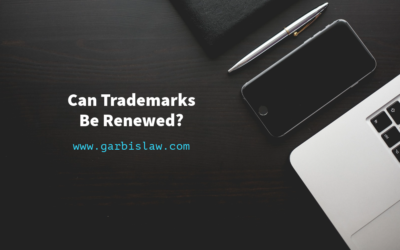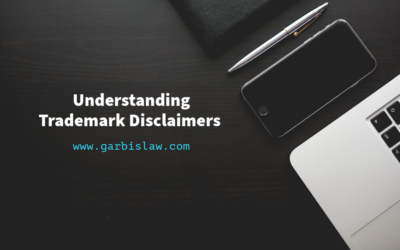This week, Etsy, a popular marketplace, released its first Transparency Report which it defines as an “in-depth look at how they integrate Etsy’s company values, responsibility to their members and legal obligations.” A large part of that report deals with third party intellectual property rights.
For those of you who don’t know, Etsy is a peer-to-peer marketplace where you can buy and sell handmade or vintage items, art and supplies. As it merely provides a service and platform for users to sell their own goods, Etsy does not inspect each item for potential infringement of intellectual property rights. Instead, Etsy’s policies require its sellers to assure they have the necessary IP rights. That shifts the burden from Etsy to the actual IP owner to enforce its intellectual property rights.
The likelihood a seller on Etsy has secured the proper licenses to sell goods on his or her store is quite low. With that said, receiving a cease and desist letter on Etsy from an IP owner is fairly common. Most of the time, a notice will have to do with a trademark or copyright.
For example, a frequent question I get is whether a seller can put a sports team’s logo on products that are being sold on Etsy, or any other marketplace. The answer is usually as simple as the question.
No. Not without a proper license.
The fact that the product is handmade or made from scratch is irrelevant. A trademark is a word, phrase, symbol, and/or design that identifies and distinguishes the source of the goods of one party from those of others. Without getting into in depth legal jargon, slapping that logo on your product is likely to be trademark infringement.
The gist of it is this: you can’t use someone else’s trademark to sell your product without that person’s consent.
Keep in mind that this does not only apply to logos. There are trademarked words and phrases as well. Your product itself may comply and not infringe anyone’s intellectual property rights, but you are using a trademarked term in your heading or description for your product. More often than not, that term will be a popular word used to refer to products similar to yours, but be careful! It might actually be a trademark and not a generic word. The owner of that trademark will likely contact you to ask you to stop marketing your product in such a way.
If you receive a cease and desist letter on Etsy, it’s best to get in touch with an IP attorney to help you determine the validity of each claim before responding to anything. Sometimes, all it takes is to simply ask whether or not you can use the term. Others are a bit stricter when it comes to allowing the use of their trademarks and won’t let you use them unless you are paying some sort of royalty or license fee.





